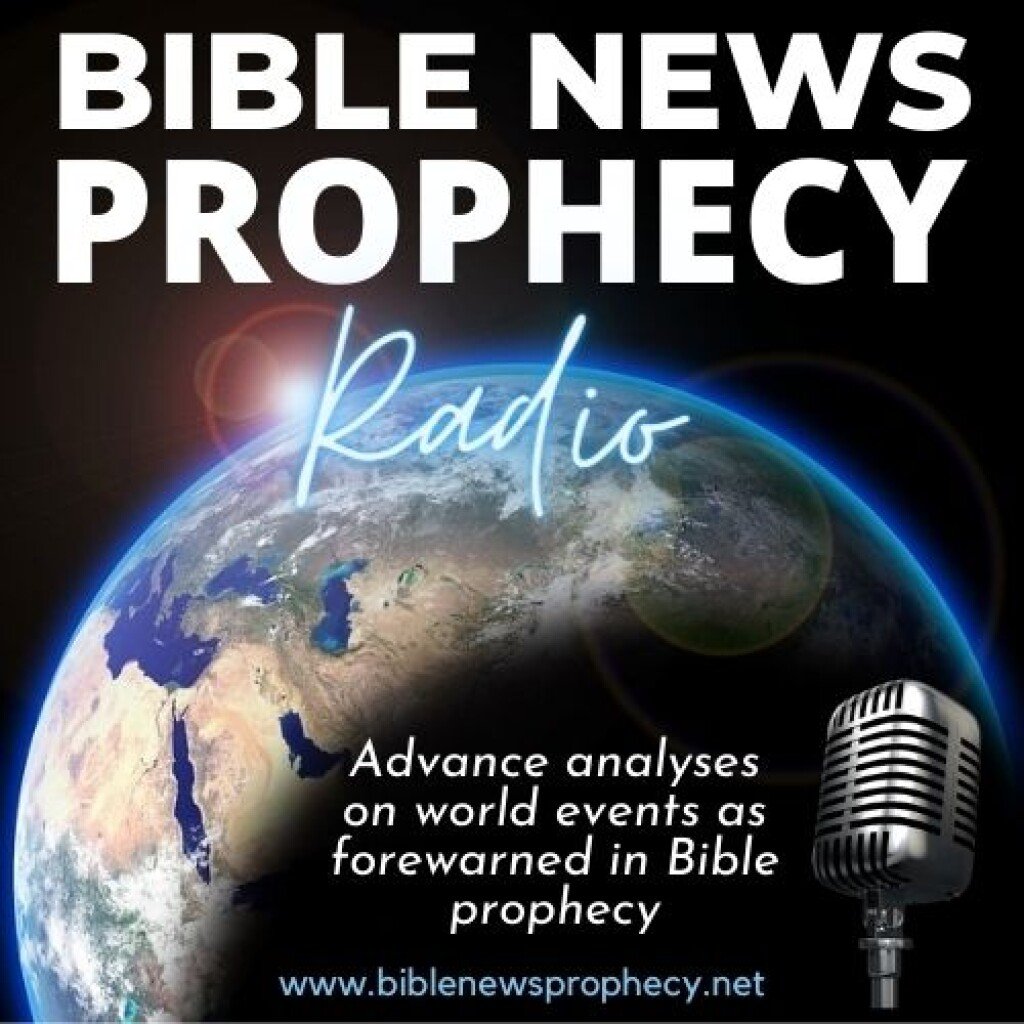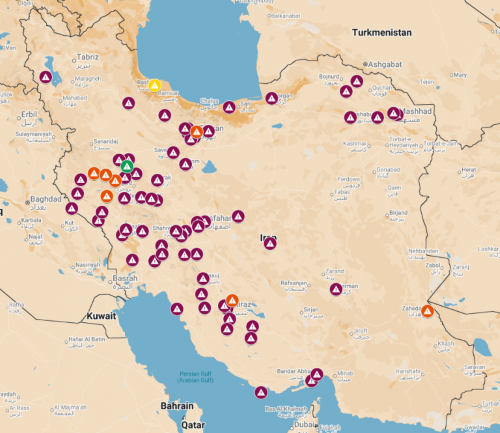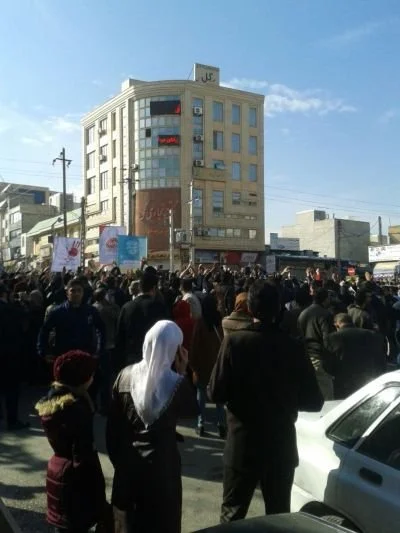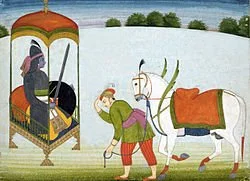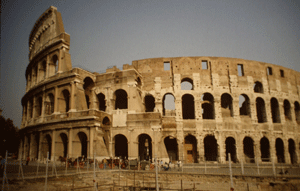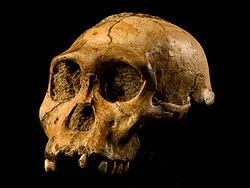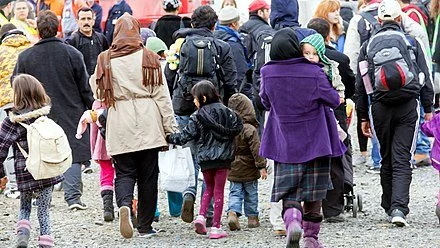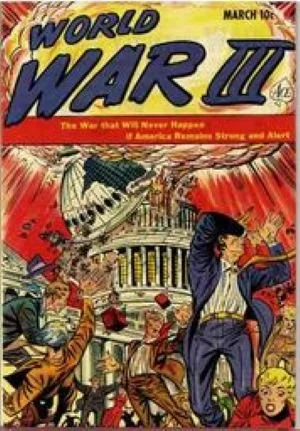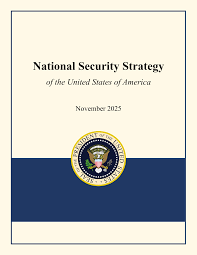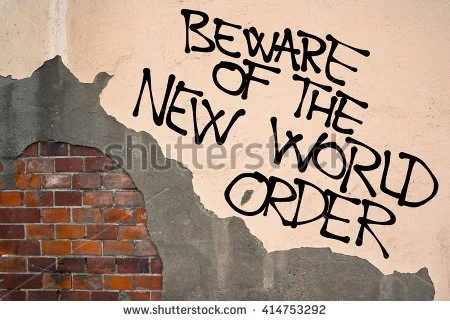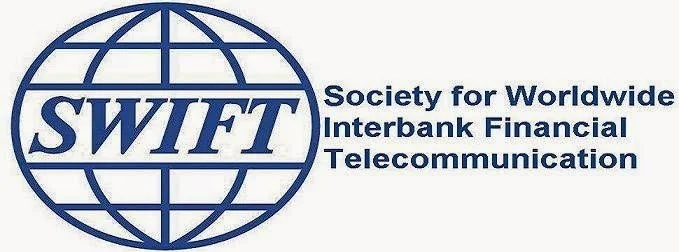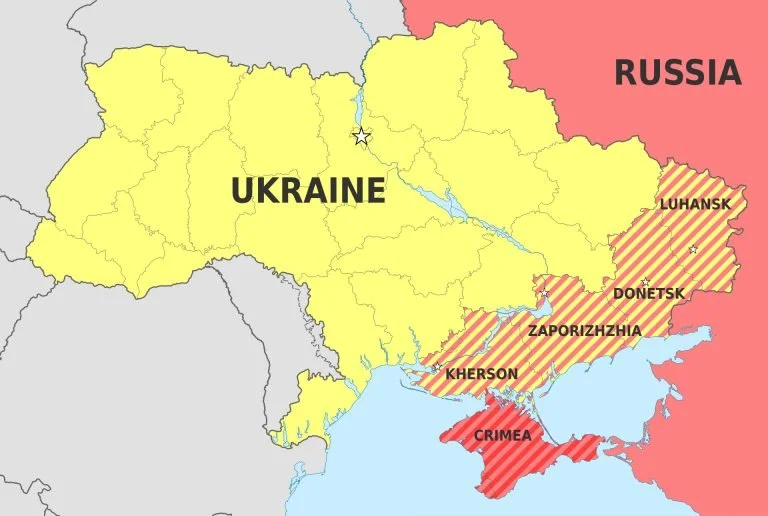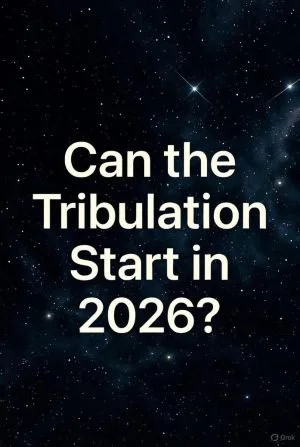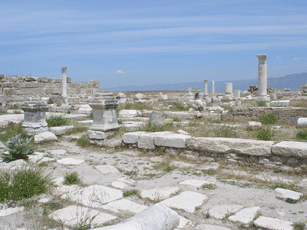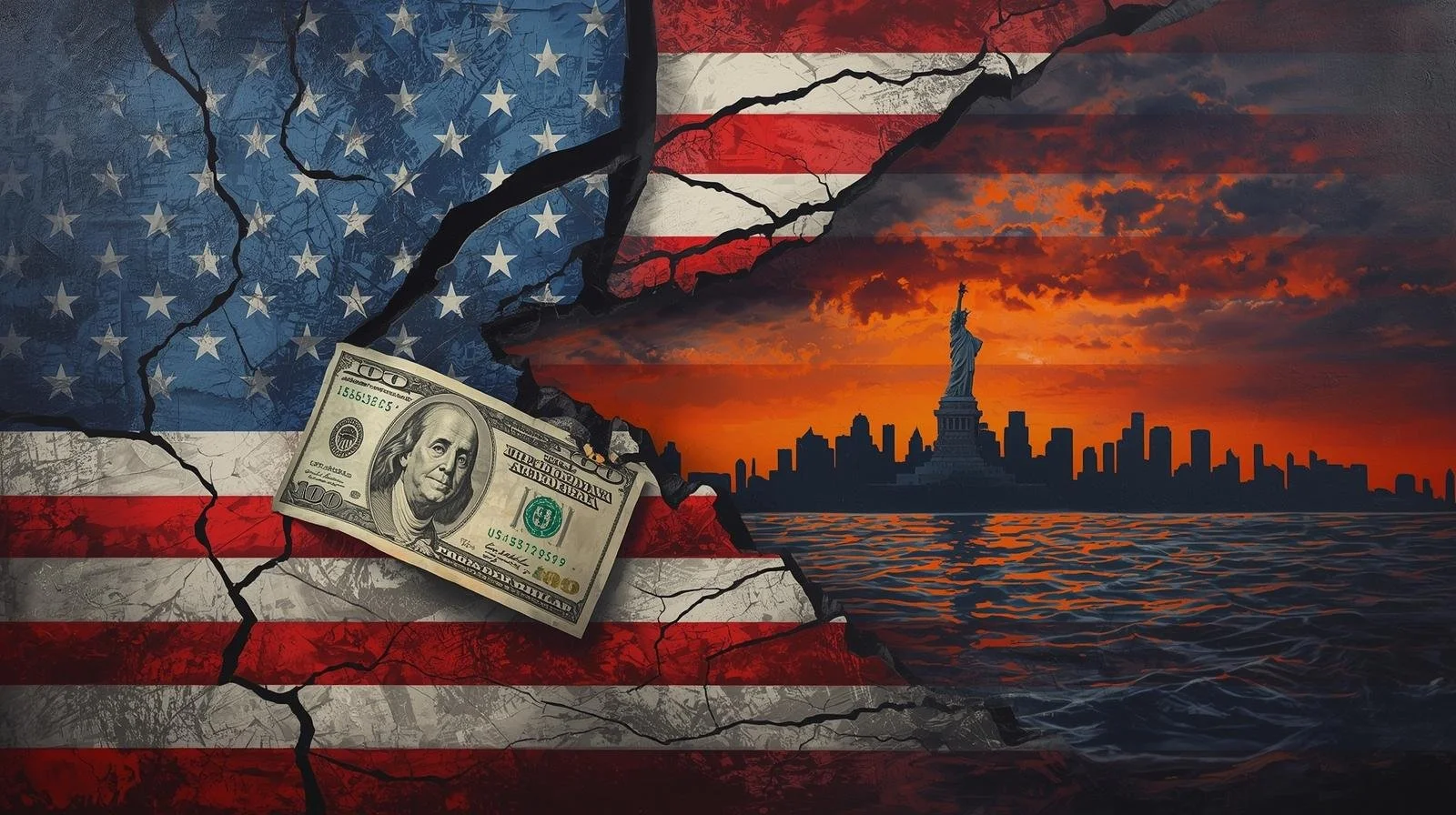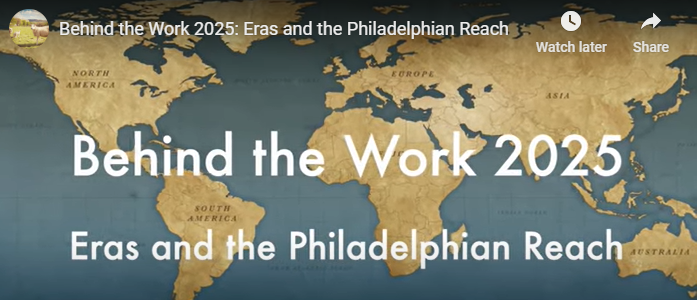
Chinese Maglev train
Officials at the Reserve Bank of Australia are looking at China’s economy:
March 15, 2016
Reserve Bank of Australia board members spent a sizeable part of this month’s interest rate meeting debating threats to the future of China’s economy.
There are worried that the big drivers of growth in China - its young workforce and industrialising economy – will slow after a decade of fast growth.http://www.afr.com/news/economy/monetary-policy/rba-debates-at-the-yin-and-yang-of-chinas-economic-future-20160315-gnj4ag#ixzz42yloVmeN
Australia is getting more and more dependent upon China, and this will not work out well for Australia in the long run (see Will the Anglo-Saxon Nations be Divided and Have People Taken as Slaves?).
Dr. Martin Weiss of Money and Markets (M&M) believes that China’s economy is about to crash:
The China Fallacy
March 14, 2016
The prevailing theory about China, widely accepted both there and here, is quite unique:
“China’s economy has been expanding so fast for so long,” they say, “even if it suffers a slowdown, it will still be a lot stronger than most other countries. So instead of yearly growth rates of 10%, we could see growth rates of 6% or 5%. What’s so bad about that?”
There’s just one pesky problem with this theory:
It’s wrong.
It has no basis in history, fact or logic. …
Here’s just a glimpse into what ails China today.
According to Foreign Policy Magazine …
“No other large economy in history has grown so fast for so long [and] some of the methods used to maintain that rise are now proving counterproductive. …
“Bubble 1: Exports. Now at 23 percent of national income, exports have been the mainstay of Chinese growth since the early 1980s. However, exports could never have achieved that status without subsidized credit from the government-controlled banking system and an artificially low exchange rate. … and the credit subsidies have led to overcapacity among exporting firms. The dilemma is how to shrink these firms without creating widespread unemployment or further impairing the banking system with non-performing loans.
“Bubble 2: Real Estate. The oversupply of housing and commercial real estate in China’s major cities is a direct result of government policy. … Ghost cities abound: Jing Jin — located between Beijing and the industrial city of Tianjin — has thousands of unoccupied villas.
“Province and city leaders created new office towers as a way to attract companies and entrepreneurs who would employ local residents and pay taxes. An added attraction was that builders usually shared their profits — corruptly — with government officials who supplied permits and provided land, energy, and water. …
“Banks that made loans for underutilized buildings could face a new crisis in non-performing loans. So, there are big problems ahead for the banks and developers, especially of commercial office space.
“Bubble 3: Excess Infrastructure. After the early 2000s recession and the Great Recession in 2008, Beijing maintained its country’s growth rate by a massive public works program. … China’s toll roads reportedly lost $25 billion in 2014. Many of the costly Olympic facilities in Beijing lay fallow. … Worse, party officials pressured state-affiliated banks to lend billions for these projects. …
“Bubble 4: Rigid State-Owned Enterprises. [These] exist in dozens of sectors, employing tens of millions of people and generating roughly 40 percent of China’s GDP. In many cases, they are either monopolies or oligopolies. [But] it is extremely difficult for even the central government to cut them back. …
“Since many are uncompetitive in an open global economy, and are getting deeper in debt, they will ultimately require a bailout similar to the refinancing of the state banks in the 1990s.”
All this is very familiar to me. I’ve seen it all over Latin America, Eastern Europe and Asia.
To me, the outcome is obvious: What initially looks like just a “slowdown” will turn into a massive crash that breaks the back of an already-fragile global economy.
Don’t let China hit you by surprise.http://www.moneyandmarkets.com/china-fallacy-76546
China has several positives, yet several negatives. On the positive side, it has grow tremendously economically and it has substantial manufacturing capabilities. The economic standard of living for many there has greatly improved. Because of that and its high population, many believe that China will dominate the world economically this century–but that will not really be the case–Bible prophecy points to a European power, temporarily (cf. Revelation 18), for that. Perhaps I should add that Dr. Weiss is also pessimistic about Europe.
China has problems. Not all have benefited much from its economic growth. One of the things that most Westerners do not realize is that China has a system that prevents its citizens from agrarian areas from having the same rights as those in urban areas. It is called the hukou. Here is more information about that:
The hukou
Through a rigorous and rigid household registration system designed to control the movement of China’s 1.3 billion people, the central government classifies all its citizens as either city dwellers or rural peasants. The registration, also known in Chinese as hukou, determines not only a citizen’s residence but also what kind of social services individuals are eligible for…In Beijing, which has an estimated 5 million migrant workers, none of these people are allowed to obtain state-sponsored health care or schooling if theirhukou is registered in their hometowns—which most likely it is. As a result, their children—many of whom are born in the Chinese capital—can only attend privately-run and unapproved schools. (Mong A, Gu B. In Beijing, 40,000 students stranded. MSNBC, August 19, 2011.http://behindthewall.msnbc.msn.com/_news/2011/08/19/7413538-in-beijing-40000-students-stranded?lite)
Even people who move from agrarian regions to the cities, still are registered as agrarian/rural and do not get the same rights or even education for their children. This disparity, combined with severe pollution, corruption, and a host of other problems, has affected China more than most realize. Furthermore, most Chinese do not trust the Chinese, and how accurate some of its economic data is has been questioned by many inside and outside of China.
Another issue is that there have been numerous reports that China has intimidated other nations out on the seas. So, this has upset many of its neighbors.
China is becoming a military distraction for the USA and others, and while its threat appears carnally valid, the reality is that China is not, of itself, prophesied to takeover the USA. But the USA itself is focused a lot on China–so much so it will not take seriously enough the threat that is prophesied to arise in Europe to take it over (cf. Daniel 11:39).
China, itself, is beginning to show some of its problems despite the government’s attempts to keep such matters internal. Other problems are expected. That does not mean that China does not have ambitious military and political goals, it is just that according to biblical prophecy, it will not attain all of them (though it may end up with Australia, despite USA and Australian efforts to stop that–see, for example, India not interested in joint China sea patrols; USA and Australia pursuing bomber stationing and China not pleased).
And even though China will have some prominence in the end times (and will fairly certainly be one of the “kings of the east” of Revelation 16:12 and provide many soldiers in the 200,000,000 man army of Revelation 9:13-21), it will not end up as the top economic force in the 21st century. Europe will.
But partially because of increasing Chinese economic and military influence, the USA will apparently expend so much energy preparing for military possibilities involving China that it will not be prepared for what is coming out of Europe. China is affecting the USA, the world is watching, but the situation will not end up as much of the world or those in the USA believe that it will.
http://www.cogwriter.com/news/prophecy/mm-the-china-fallacy/
News Presenter: John Hickey
